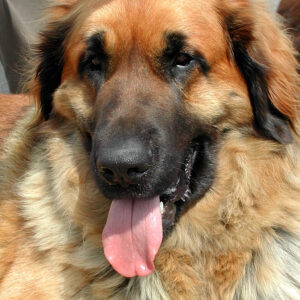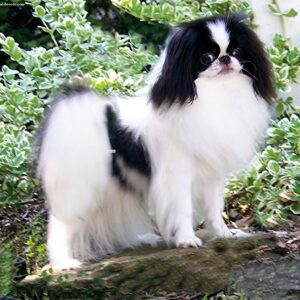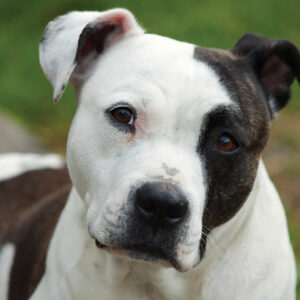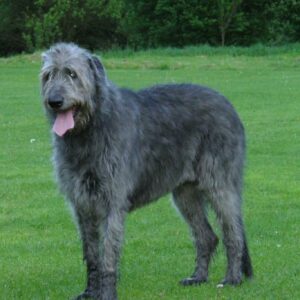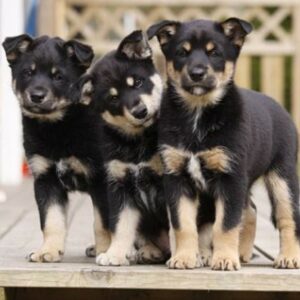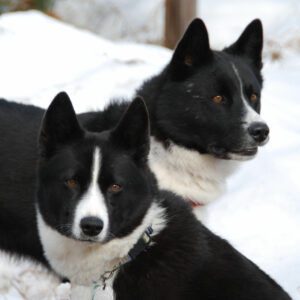Welcome to our article about the Maltese, a small and adorable dog breed that has captured our hearts! In this post, we will provide you with a comprehensive guide on the Maltese dog, its origin, characteristics, best foods, training, and care needed to keep it happy and healthy.
History of the Maltese Dog Breed
The Maltese dog breed has a long and fascinating history that dates back to ancient Greek and Roman times. These dogs were first bred as companions for noblewomen, and their beauty and loyalty made them very popular.
Throughout the centuries, the Maltese dog breed was traded across the Mediterranean, and it eventually became a favourite of European royalty in the sixteenth and seventeenth centuries. These dogs were prized for their plush white fur, lively temperament, and their ability to be trained to complete a range of tasks.
Today, the Maltese dog breed is still as popular as ever – loved for its cuteness, intelligence, and for being a loyal companion.
Location of Origins
The Maltese dog breed originated in the central Mediterranean region, on the island of Malta. It is believed that the breed was created from a mix of dogs bred by traders, sailors, and nobility from around the Mediterranean. But, their exact origin is still a matter of some debate.
While the origin of the Maltese dog breed is up for debate, what is certain is that this dog breed has a long and fascinating history that is sure to capture your interest.
Characteristics of the Maltese Dog Breed
The Maltese dog breed is a charming and adorable little dog, with its white fur and small size being unmistakable. While the Maltese dog breed is small, they are known for their high energy levels and lively personalities. They are also intelligent, affectionate, and playful which makes them great companions for people of all ages. The characteristics that make the Maltese such a popular breed are:
- Size: The Maltese dog breed is a small dog breed, usually weighing between 4-7 pounds and standing no higher than 10 inches tall.
- Fur: The Maltese dog breed is known for its long, silky and white coat, which can grow to up to 12 inches in length. Their furs are hypoallergenic and non-shedding, making them a great choice for people with allergies.
- Temperament: The Maltese dog breed is known for its lively temperament and high energy levels. They are intelligent, affectionate and love to play, which makes them great companions for people of all ages.
- Health: The Maltese dog breed is generally healthy breed, but like all breeds, they are prone to certain health issues. These health issues may include dental problems, allergies, respiratory problems, tear staining, hypoglycemia, luxating patella, and a weak liver.
- Trainability: The Maltese dog breed is a smart dog breed that loves to please their owners. They’re known to be easy to train when given positive reinforcement techniques.
Choosing the Best Foods for Your Maltese Dog
The Maltese dog breed needs a well-balanced diet to maintain a healthy weight and remain in good health. A good diet can also help prevent dental issues, constipation, and obesity. So, what are the best foods to provide your Maltese dog?
It is advisable to feed your Maltese a diet that is high in quality protein, carbohydrates, and healthy fats. Look for dog foods that are free from artificial preservatives, flavours, and colours. Fruits, vegetables, and grains are also a great source of vitamins and minerals, so make sure that your Maltese dog is getting a balanced diet. Also, always keep fresh water available to your dog. Here are some foods that are great for your Maltese dog:
- High Quality Protein Sources: Chicken, Turkey, Salmon, and Tuna
- Healthy Fats: Salmon Oil and Flaxseed Oil
- Complex Carbohydrates: Brown Rice and Oatmeal
- Fruits: Apples, Berries, and Bananas
- Vegetables: Carrots, Green Beans, and Broccoli
How to Train Your Maltese Dog
The Maltese dog breed is intelligent, and they love to please their owners. Training your Maltese dog is essential to ensure a good relationship between you and your furry friend, and it also provides them with a sense of purpose and discipline. Positive reinforcement training techniques such as clicker training work great for the Maltese dog. Here are some tips for training your Maltese dog:
- Start early: Begin training your Maltese puppy as early as possible. This allows you to develop good habits early and gets your dog used to training.
- Keep training sessions short: Maltese dogs have a short attention span, so it is essential to keep the training sessions short, fun and focused.
- Use positive reinforcement: Positive reinforcement works best for Maltese dogs, as they love to please their owners. Reward good behaviour with treats, toys and praise.
- Be consistent: Consistency is key when training your Maltese dog. Establish a routine, and stick to it.
- Potty training: Train your Maltese dog to use a designated area for potty training. They are indoors dogs and require litter box as well.
How to Take Care of Your Maltese Dog
The Maltese dog breed requires a lot of love, care and attention to stay healthy and happy. Proper grooming, exercise, and regular visits to the vet can help ensure your Maltese dog is happy, healthy and comfortable. Here are some tips for taking care of your Maltese dog:
- Grooming: The Maltese dog breed is known for its beautiful white coat. They need daily brushing which helps in avoiding matting in the fur. Take them for a bath at regular intervals as they have long furs.
- Exercise: Maltese dogs are energetic and require regular exercise to stay healthy. Take them for daily walks, and play with toys to keep them active while indoors.
- Vet visits: Regular visits to the vet are essential to keep your Maltese dog in good health. Schedule regular check-ups, preventive care, and vaccinations for your furry friend.
- Dental care: Maltese dogs are prone to dental problems so, it is important to keep their teeth clean by brushing or giving them dental chews.
- Socialization: Socializing your Maltese dog is essential to help them develop good behavior around other people or animals. Take them to dog parks or enroll them in puppy classes to help them learn and connect with other dogs and people.
Frequently Asked Questions about the Maltese Dog Breed
Q: Are Maltese dogs hypoallergenic?
A: Yes! The Maltese dog breed has hypoallergenic fur which makes them a great pick for people with allergies.
Q: Do Maltese dogs need a lot of exercise?
A: Maltese dogs are a small dog breed that doesn’t require a lot of exercise, but it is important to keep them active with daily walks and indoor playtime.
Q: What are some common health problems in Maltese dogs?
A: Maltese dogs are healthy dogs, but like all breeds, they are prone to certain health issues. These might include dental problems, allergies, respiratory problems, tear staining, hypoglycemia, luxating patella, and a weak liver.
Conclusion
Now that you have read this comprehensive guide on the Maltese dog breed, you are equipped with the knowledge you need to raise and take care of your furry friend. Do you have other tips for taking care of a Maltese dog? Share them in the comment section below!

